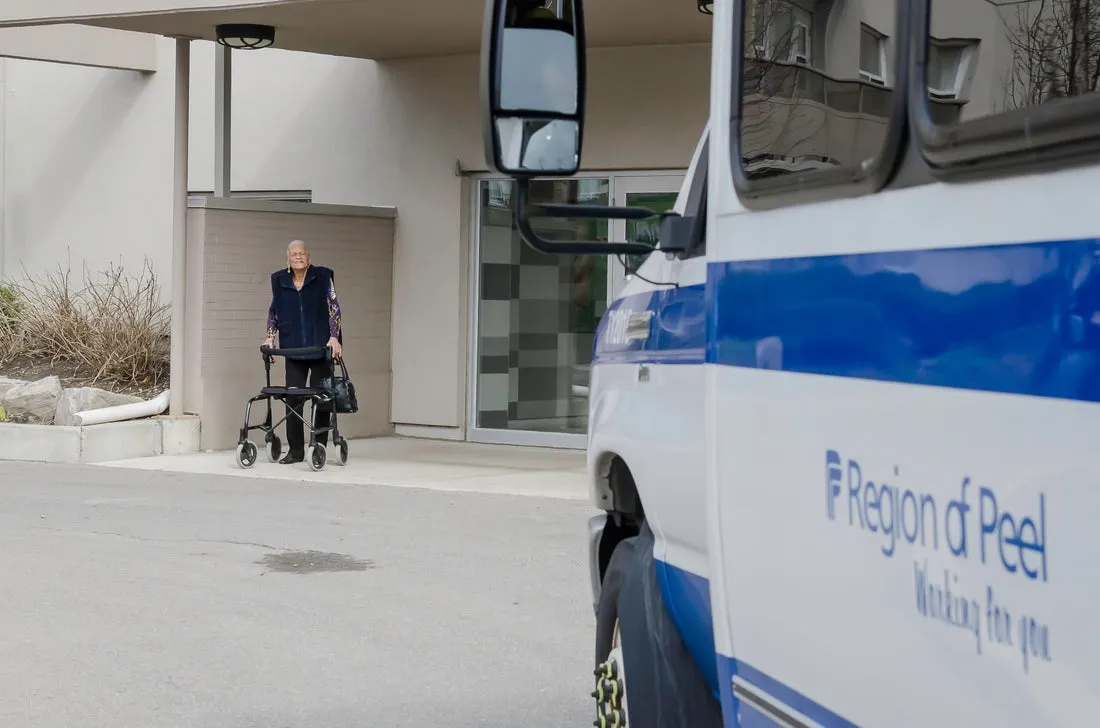WMT is made up of Abellio, JR East and Mitsui and the order is part of a near £1 billion ($1,319 million) investment into the franchise.
A total of 333 of the new trains will feature air conditioning, free Wi-Fi and in-seat power sockets provided as standard – produced by Bombardier in Derby.
Cllr Roger Lawrence, chair of WMR and transport lead on the West Midlands combined authority, said: "This is a very significant investment in new trains that will bring more space, more services and improved comfort for passengers.
"We know a key issue for passengers is overcrowding at peak times so we are pleased that these new carriages will provide space for an extra 85,000 passengers on rush hour services into Birmingham and London.”
£680 million investment for West Midlands Trains
A £680 million ($897million) order for new trains has been welcomed by West Midlands Rail (WMR), a consortium of 16 local councils set up to manage the regions rail services. The order, made up of 413 carriages, comes from West Midlands Trains (WMT) who will run local services on behalf of WMR and Department of Transport (D0T) from December onwards to help increase capacity and improve journey times. WMT will operate local services until March 2026.
October 19, 2017
Read time: 2 mins
A £680 million ($897million) order for new trains has been welcomed by West Midlands Rail (WMR), a consortium of 16 local councils set up to manage the regions rail services. The order, made up of 413 carriages, comes from West Midlands Trains (WMT) who will run local services on behalf of WMR and Department of Transport (D0T) from December onwards to help increase capacity and improve journey times. WMT will operate local services until March 2026.







